Sayyida Zainab (PBUH) was born into a household of divine light and prophetic legacy. She was the daughter of Imam Ali ibn Abi Talib (the first Imam and cousin of the Prophet) and Lady Fatima al-Zahra, the beloved daughter of the Prophet Muhammad (peace be upon him and his family). This made her the granddaughter of the Prophet himself, a lineage that carried not only honor, but a divine mission.
Born around 5 AH (circa 626 CE) in Medina, Zainab grew up surrounded by wisdom, piety, and the living presence of revelation. Her early years were marked by the loving presence of her grandfather, the Prophet, and the powerful influence of her mother, Fatima, whose spiritual strength she would later mirror.
A Life of Knowledge and Devotion
Sayyida Zainab was not only revered for her noble birth but also for her profound knowledge, eloquence, and deep piety. She was known to give lessons to the women of Medina on the Qur’an and Islamic law. Her understanding of theology and jurisprudence earned her titles such as ‘Alima Ghayr Mu’allama’, the scholar who was not taught by man.
Her marriage to Abdullah ibn Ja‘far (a cousin of hers and a charitable figure) resulted in a family of children, but her role extended beyond domestic life. She was a pillar of strength, faith, and steadfastness in the most turbulent times of Islamic history.
The Tragedy of Karbala: A Turning Point
Sayyida Zainab’s legacy is inseparable from the Battle of Karbala (61 AH / 680 CE), where her brother, Imam Hussain (PBUH), stood against tyranny and injustice. After the brutal massacre of Hussain and his companions by the forces of Yazid, Zainab became the protector of the survivors, mostly women and children, and the voice of the revolution.
Despite her immense personal loss, witnessing the martyrdom of her brothers, sons, and nephews, Zainab stood with unshakable strength. In the court of Yazid in Damascus, she delivered a speech that shook the foundations of the corrupt empire. Her courage in that moment preserved the true message of Karbala. Without her voice, the sacrifice of Imam Hussain might have been silenced.
The Voice of Truth in Chains
Captured and taken from Karbala to Kufa, then Damascus, Sayyida Zainab was paraded as a prisoner. But she never behaved like one. In every court she entered, she challenged the narrative of the oppressors and revived the Islamic spirit that had been threatened by tyranny.
She transformed the humiliation of captivity into a platform of awakening. She inspired women, challenged kings, and became the torchbearer of Karbala. Her sermons are studied to this day as models of eloquence, theology, and revolutionary thought.
Her Death and Eternal Legacy
After returning to Medina, Sayyida Zainab (peace be upon her) lived the remainder of her life in quiet grief, carrying the sorrow of Karbala in her heart. Her days were spent in remembrance, mourning, and preserving the legacy of her brother Imam Hussain (peace be upon him). Eventually, she passed away far from the spotlight of history.
According to the most authentic and widely accepted accounts, she is buried in Damascus, Syria, where a majestic shrine now stands in her honor, drawing millions of hearts in devotion. Her memory transcends time and place, living on as a beacon of courage, dignity, and unwavering faith.
Sayyida Zainab’s legacy remains alive in the hearts of millions, especially those who visit her shrine to honor her bravery, loyalty, and unwavering commitment to justice.
Sayyida Zainab (peace be upon her) was more than a sister or a survivor. She was a leader, scholar, orator, and saint. In her, the world saw that a woman’s voice can preserve a divine revolution. Her life teaches that dignity in the face of oppression is a form of worship, and that truth must always be spoken, even in chains.
She is the mother of resistance, the voice of Hussain, and a beacon of courage for generations to come.



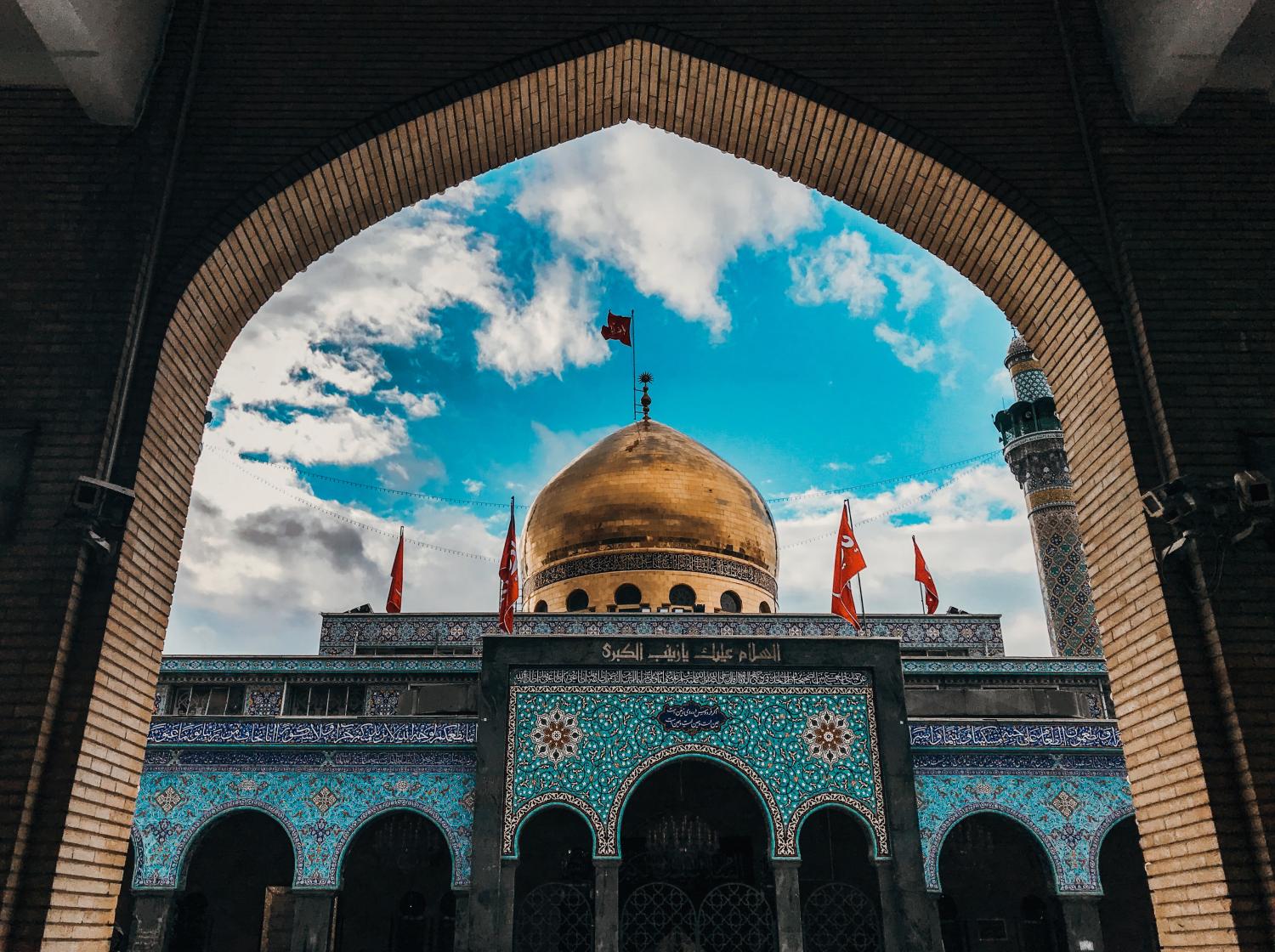

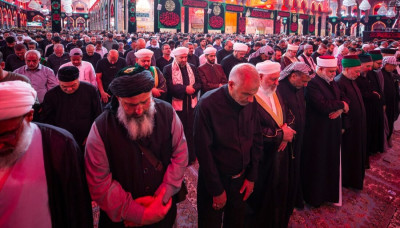
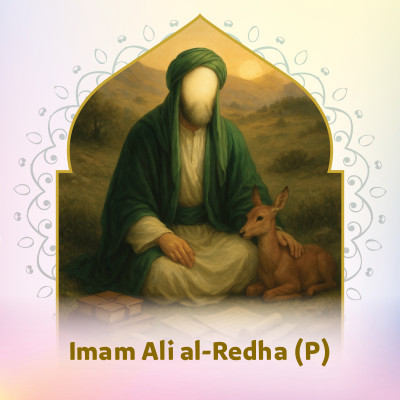
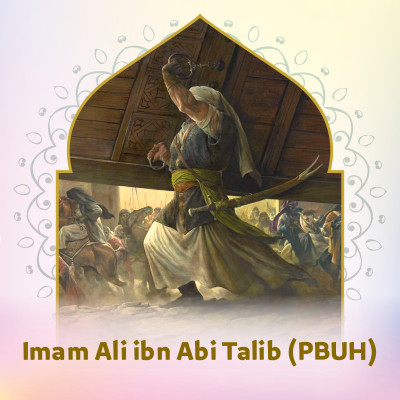


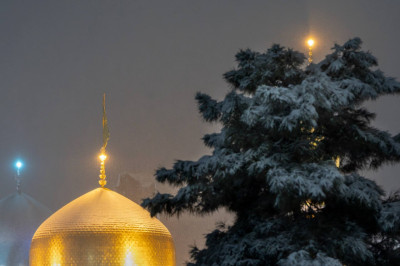

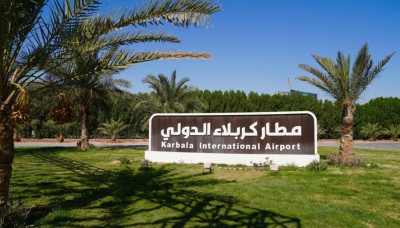
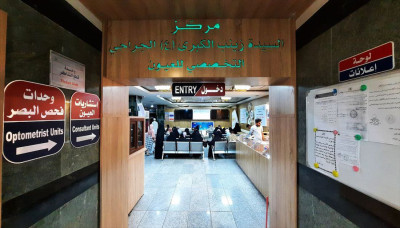

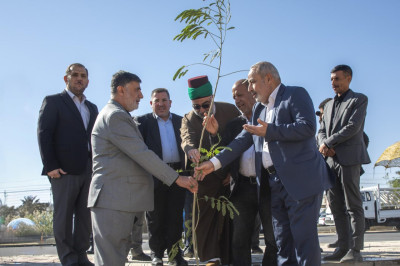
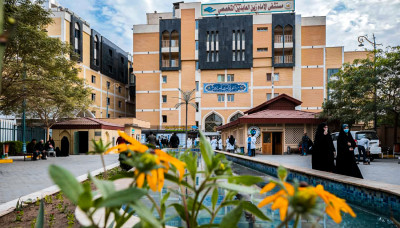
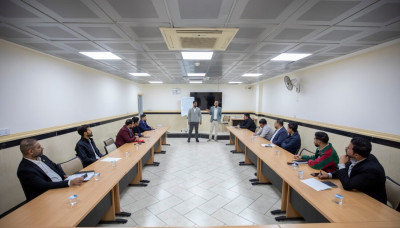
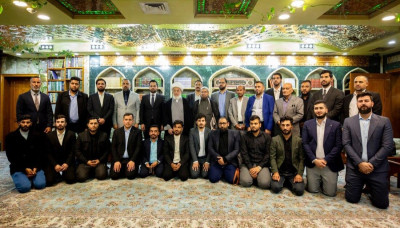

اترك تعليق